MANUFACTURING ENGINEERING

Manufacturing is the backbone of any industrialized nation. Manufacturing and technical staff in industry must know the various manufacturing processes, materials being processed, tools and equipments for manufacturing different components or products with optimal process plan using proper precautions and specified safety rules to avoid accidents. Beside above, all kinds of the future engineers must know the basic requirements of workshop activities in term of man, machine, material, methods, money and other infrastructure facilities needed to be positioned properly for optimal shop layouts or plant layout and other support services effectively adjusted or located in the industry or plant within a well planned manufacturing organization.
The complete understanding of basic manufacturing processes and workshop technology is highly difficult for any one to claim expertise over it. The study deals with several aspects of workshops practices also for imparting the basic working knowledge of the different engineering materials, tools, equipments, manufacturing processes, basic concepts of electro mechanical controls of machine tools, production criteria’s, characteristics and uses of various testing instruments and measuring or inspecting devices for checking components or products manufactured in various manufacturing shops in an industrial environment. It also describes and demonstrates the use of different hand tools (measuring, marking, holding and supporting tools, cutting etc.), equipments, machinery and various methods of manufacturing that facilitate shaping or forming the different existing raw materials into suitable usable forms. It deals with the study of industrial environment which involves the practical knowledge in the area of ferrous and non ferrous materials, their properties and uses. It should provide the knowledge of basic workshop processes namely bench work and fitting, sheet metal, carpentry, pattern making, mould making, foundry, smithy, forging, metal working and heat treatment, welding, fastening, machine shop, surface finishing and coatings, assembling inspection and quality control. It emphasizes on basic knowledge regarding composition, properties and uses of different raw materials, various production processes, replacement of or improvement over a large number of old processes, new and compact designs, better accuracy in dimensions, quicker methods of production, better surface finishes, more alternatives to the existing materials and tooling systems, automatic and numerical control systems, higher mechanization and greater output.

Manufacturing is derived from the Latin word manufactures, means made by hand. In modern context it involves making products from raw material by using various processes, by making use of hand tools, machinery or even computers. It is therefore a study of the processes required to make parts and to assemble them in machines. Process Engineering, in its application to engineering industries, shows how the different problems related to development of various machines may be solved by a study of physical, chemical and other laws governing the manufacturing process. The study of manufacturing reveals those parameters which can be most efficiently being influenced to increase production and raise its accuracy. Advance manufacturing engineering involves the following concepts—
1. Process planning.
2. Process sheets.
3. Route sheets.
4. Tooling.
5. Cutting tools, machine tools (traditional, numerical control (NC), and computerized numerical control (CNC).
6. Jigs and Fixtures.
7. Dies and Moulds.
8. Manufacturing Information Generation.
9. CNC part programs.
10. Robot programmers.
11. Flexible Manufacturing Systems (FMS), Group Technology (GT) and Computer integrated manufacturing (CIM).
Copied from Introduction to Basic Manufaturing Processes and Workshop Technoogy by Rajender Singh
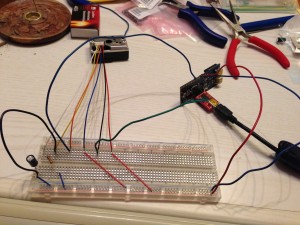
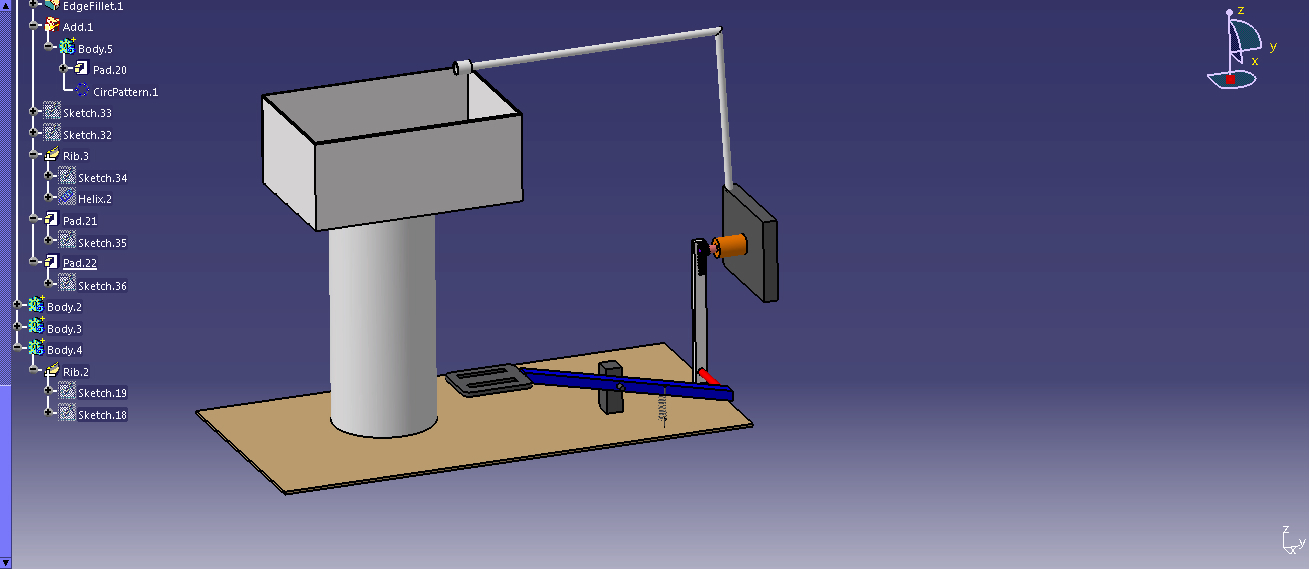


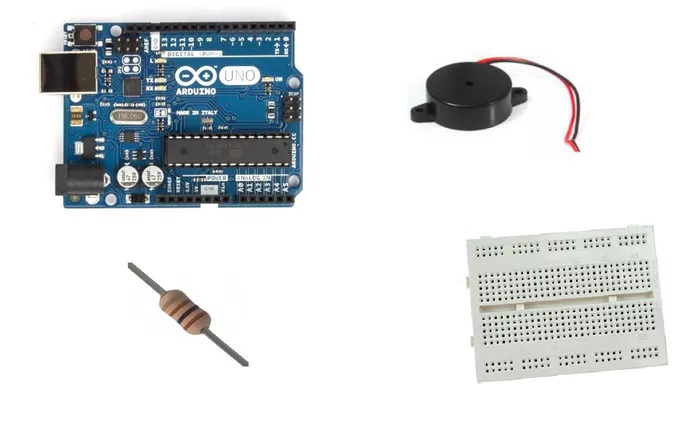
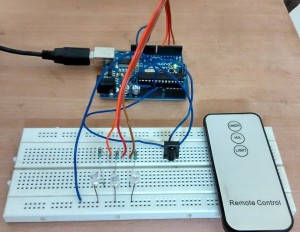


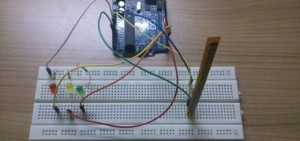
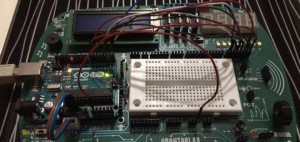
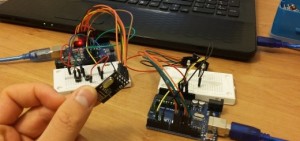
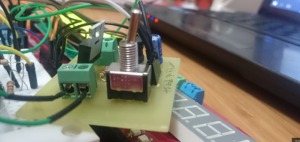
Post Comment
You must be logged in to post a comment.